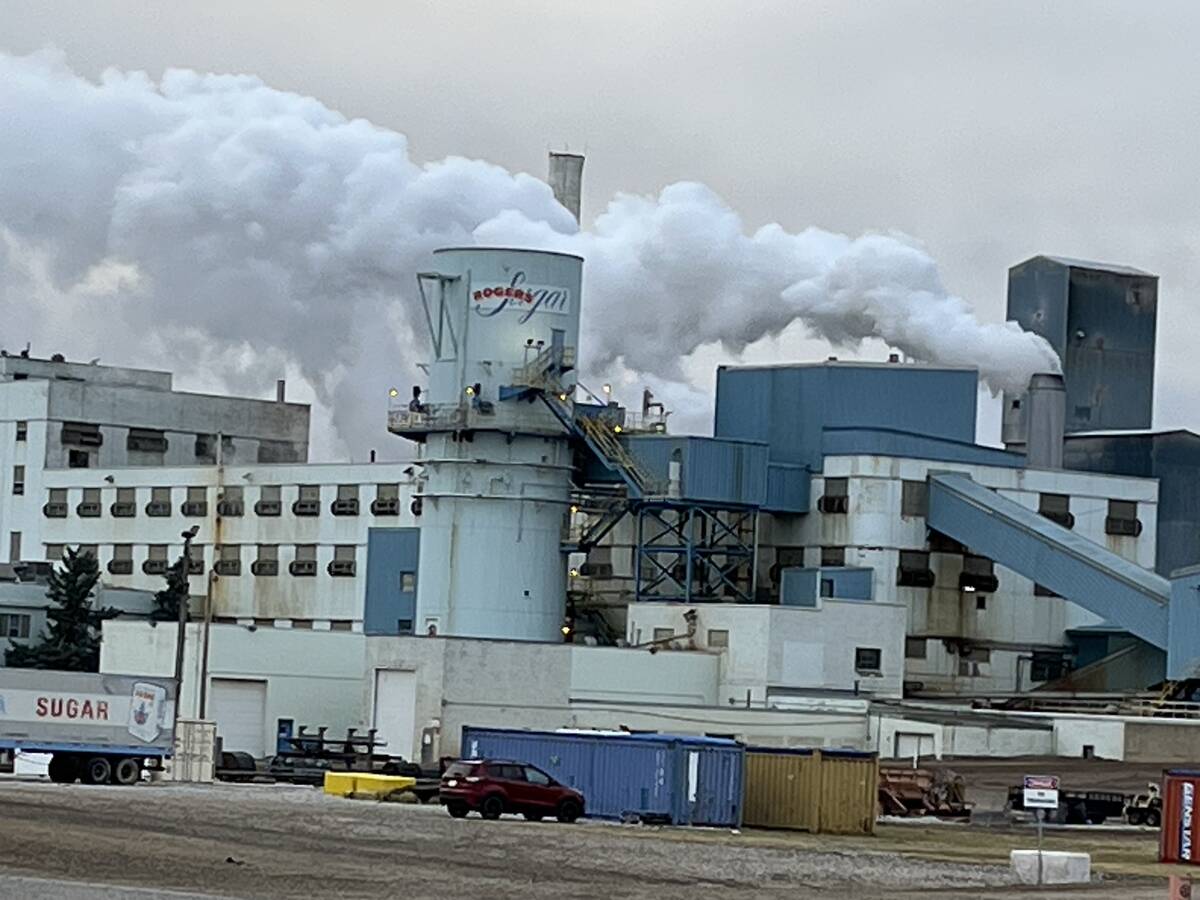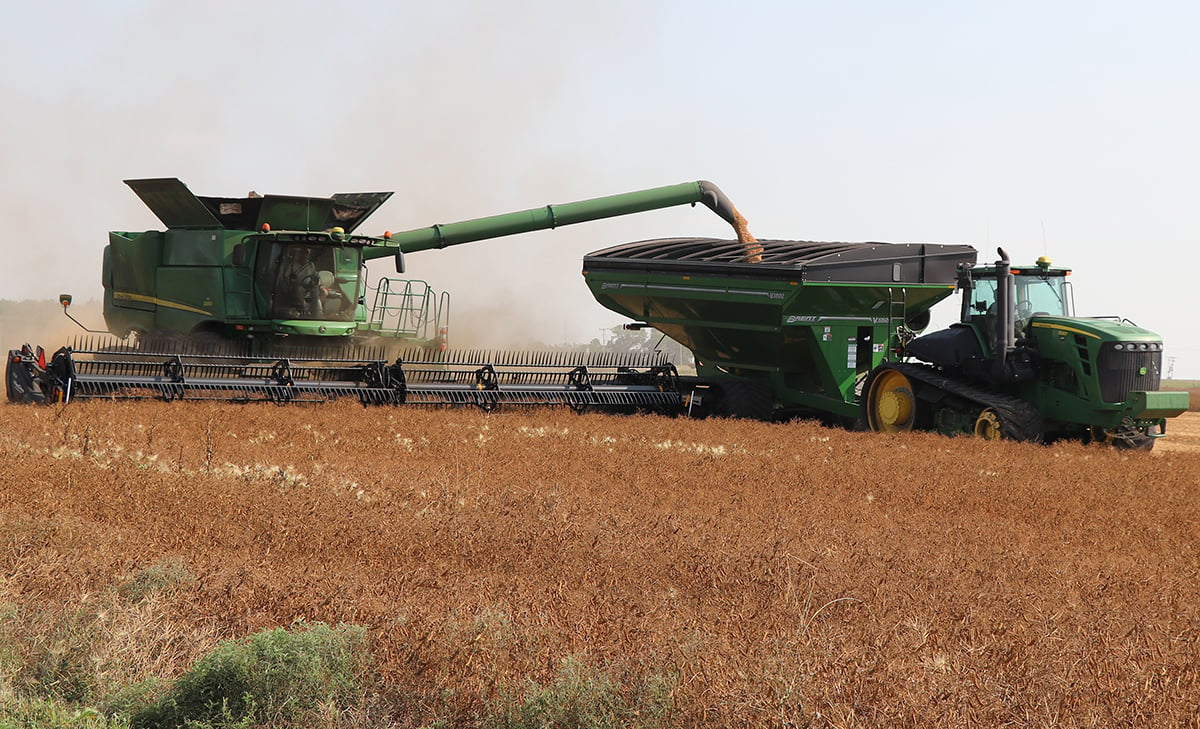We’re well into harvest across the Prairies. Although fall weather has brought some rain delays, most farms are running full steam ahead. If you’re pausing for a quick coffee before heading out today, I’ll pose the same question I often ask the farms I work with: How’s your team performing so far?
It sounds simple, but it’s not just small talk. At this time of year, many farm leaders forget to pause and evaluate, even briefly. When you’re wearing multiple hats in the business, it’s understandable that during the busiest season, reflection slips down the priority list.
Why strong leaders prepare ahead
Read Also

Sugar beet harvest underway in southern Alberta
Alberta Sugar Beet Growers hosts field tour to educate the public on the intricacies of the crop, its harvest process, and contracts with Lantic Sugar
The farms that planned ahead did their work before harvest. They set clear objectives and metrics for their team, reflected on struggles from last year and defined what success should look like. Employees were given these expectations in advance and invited to provide feedback to ensure clarity.
Now that equipment is rolling, those leaders can answer “How’s your team performing?” with more than a casual “good.” They can have focused, productive conversations.
Even without objectives, leadership still counts
If you didn’t set detailed objectives before harvest, don’t worry (consider that your goal for 2026). But make no mistake: a lack of pre-set objectives doesn’t excuse leaders from addressing performance issues as they arise. In fact, it’s your responsibility to ensure small problems don’t snowball into bigger ones.
While I started by asking about your team’s performance, the truth is, it’s really your performance as a leader that matters here.
Why we avoid tough conversations
The simple act of addressing problems is one of the things I coach farmers on most. I get why it’s hard: direct conversations feel like conflict, and very few people enjoy conflict. But here’s what I’ve seen over years of leading and coaching teams:
- When handled properly, coaching conversations almost never result in conflict.
- The more you have them, the easier they get.
Four keys to handling performance issues properly
When I say “handled properly,” I mean there are a few things within your control:
- Your Why — Be clear on why you’re raising the issue. Don’t nitpick at small irritations while ignoring the root problem. Address what truly matters.
- Your Mindset — Enter the conversation with openness and curiosity, not anger. If you’re seeing red, take a walk, grab some water or call a friend before speaking to your employee.
- Your Timing — Think of any performance issue as having a 48-hour shelf life. If you don’t address it within that window, the chance for effective correction is often gone. Exceptions exist, but don’t delay.
- Your How — Match the weight of the conversation to the seriousness of the issue.
- Minor issue: A quick word in the field. “Next time, could you try [X] instead of [Y]? Here’s why …”
- Repeated behaviour: A casual coffee chat. “I’ve noticed you often [X]. Is there something going on? If not, here’s what I’d like to see instead.”
- Safety concerns: No shortcuts. Sit down privately, document the conversation and confirm understanding.
Why it matters, especially at harvest
Ignoring small problems in the busy season doesn’t just delay progress; it risks safety, morale and efficiency. Those are three things you can’t afford to compromise when harvest is on the line.
But the reverse is also true: timely coaching builds trust, strengthens teamwork and keeps operations running smoothly when every hour counts.
Don’t fear getting it wrong
Finally, don’t let the fear of saying something imperfect stop you from addressing issues at all. None of us get it right 100 per cent of the time. If you realize you handled a conversation poorly, own it. Tell the employee how you should have approached it and commit to doing better next time. You’ll earn respect, not lose it.
A harvest takeaway
Harvest rewards accuracy and efficiency and the same is true of leadership. Addressing problems promptly helps your team stay safe, effective and aligned.
Sara Chambers is a farm management consultant with Backswath Management Inc. She can be reached at 431-554-5390 or sara.chambers@backswath.com.















